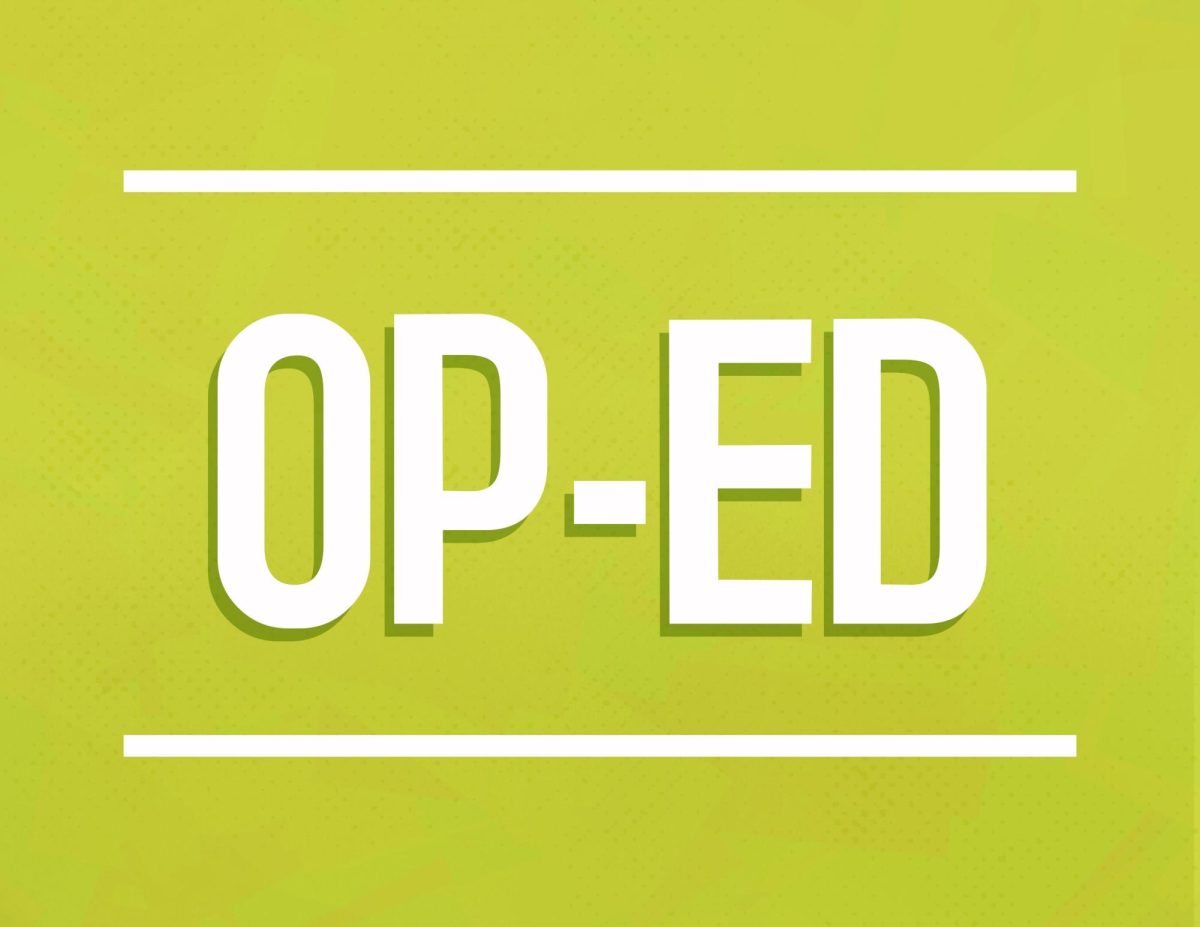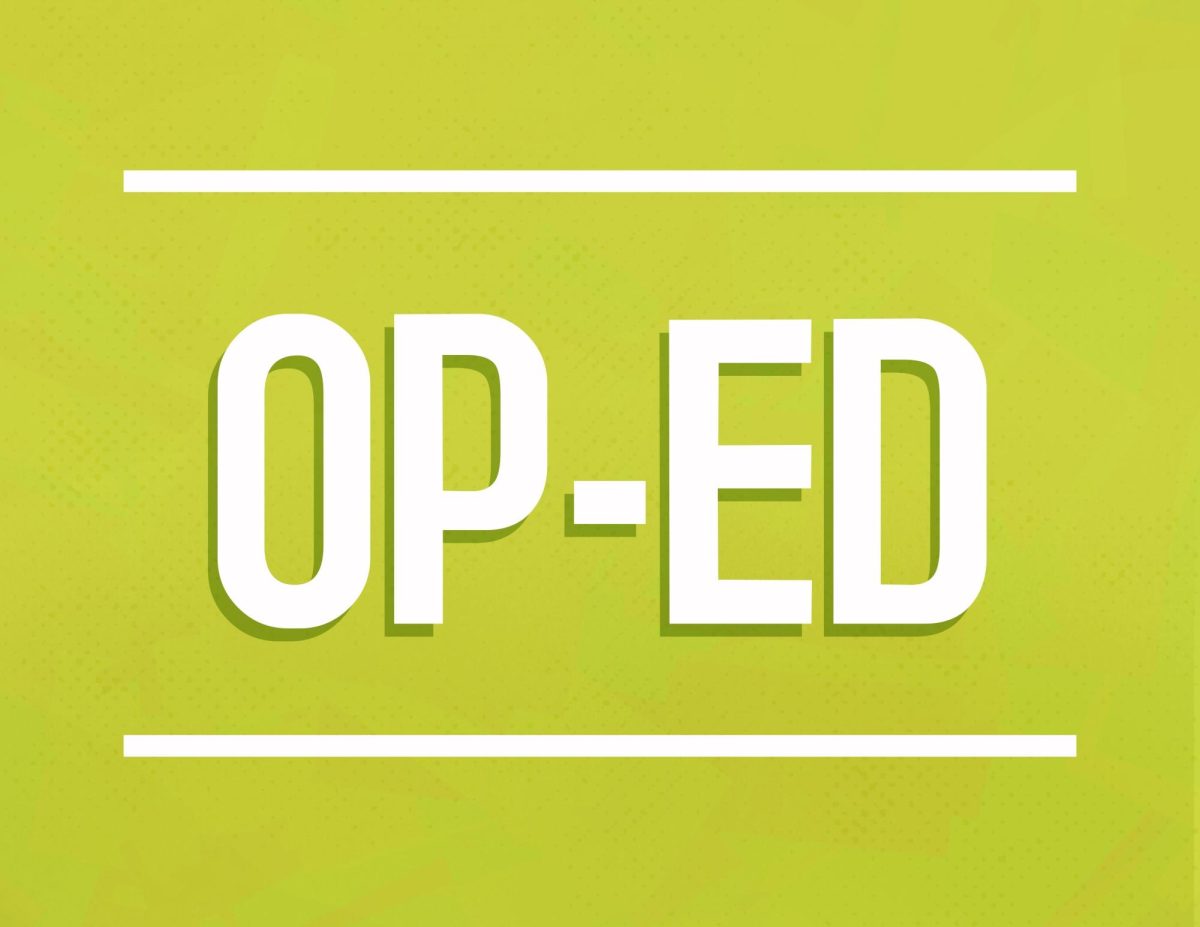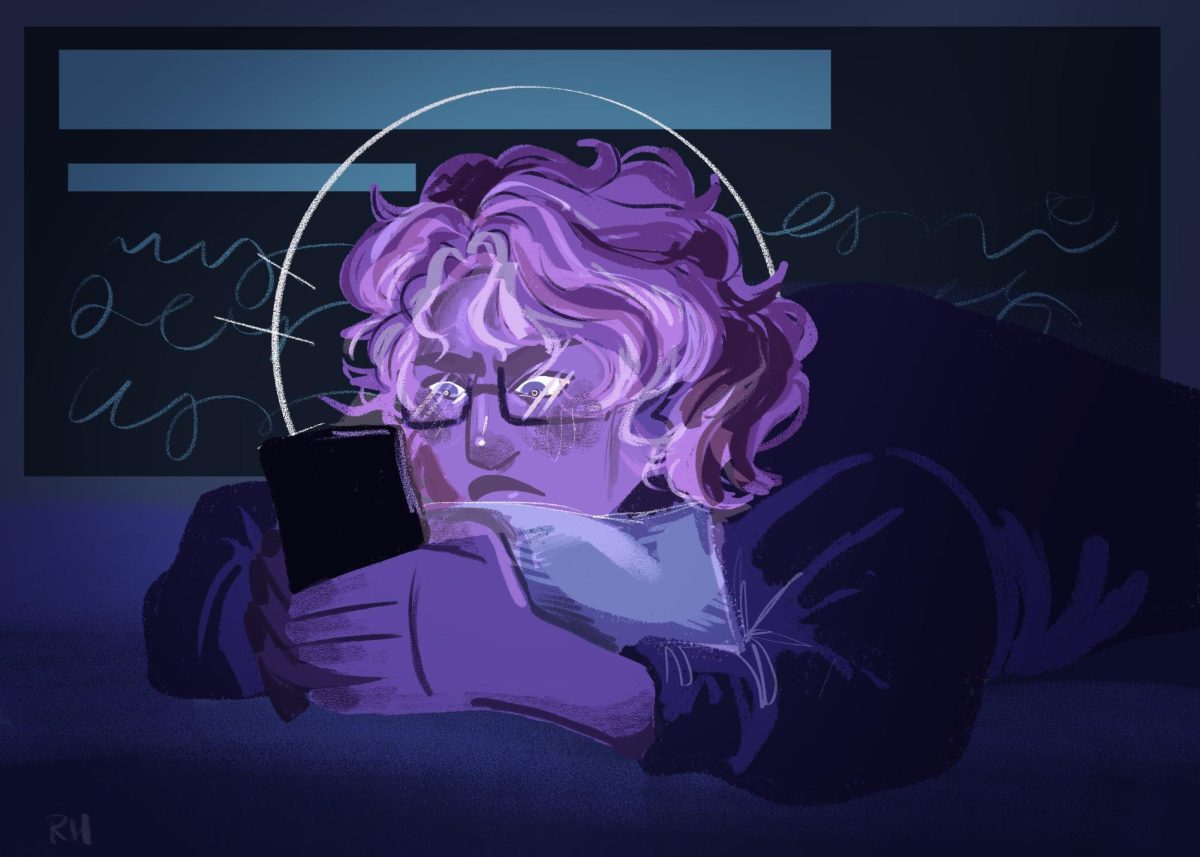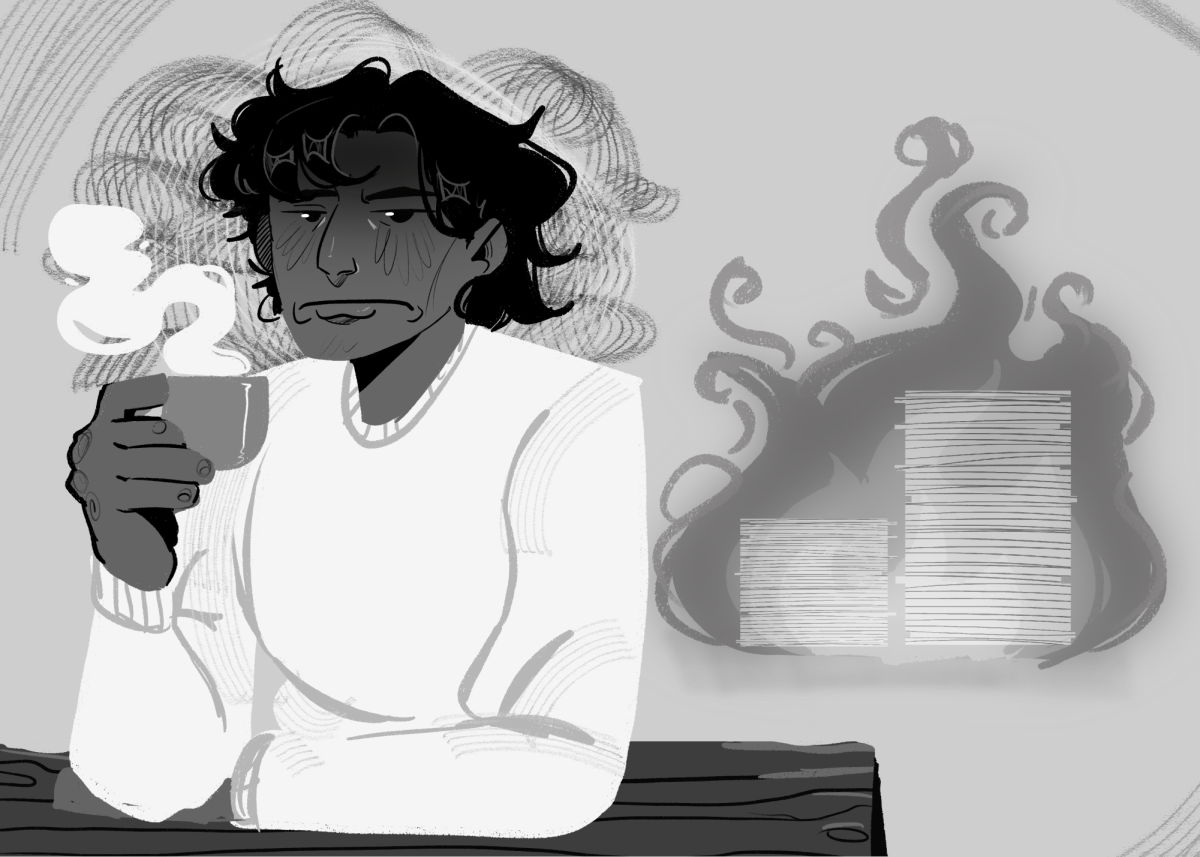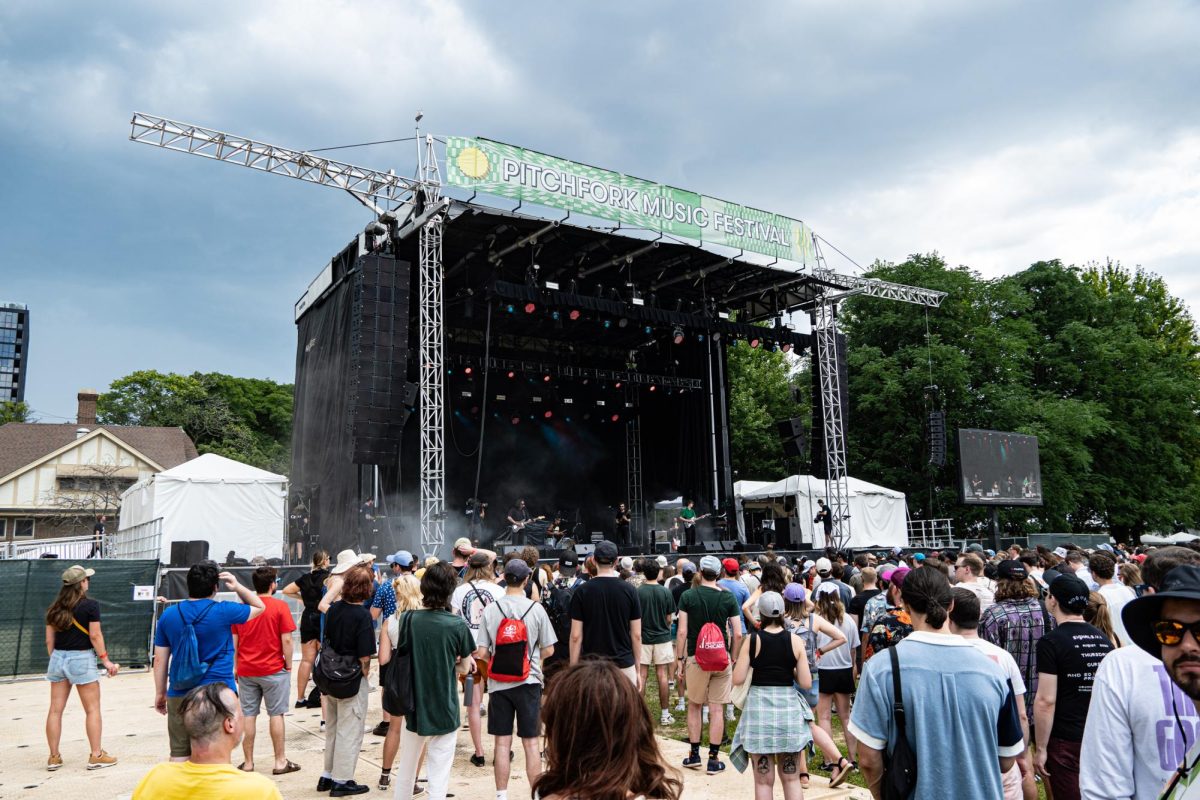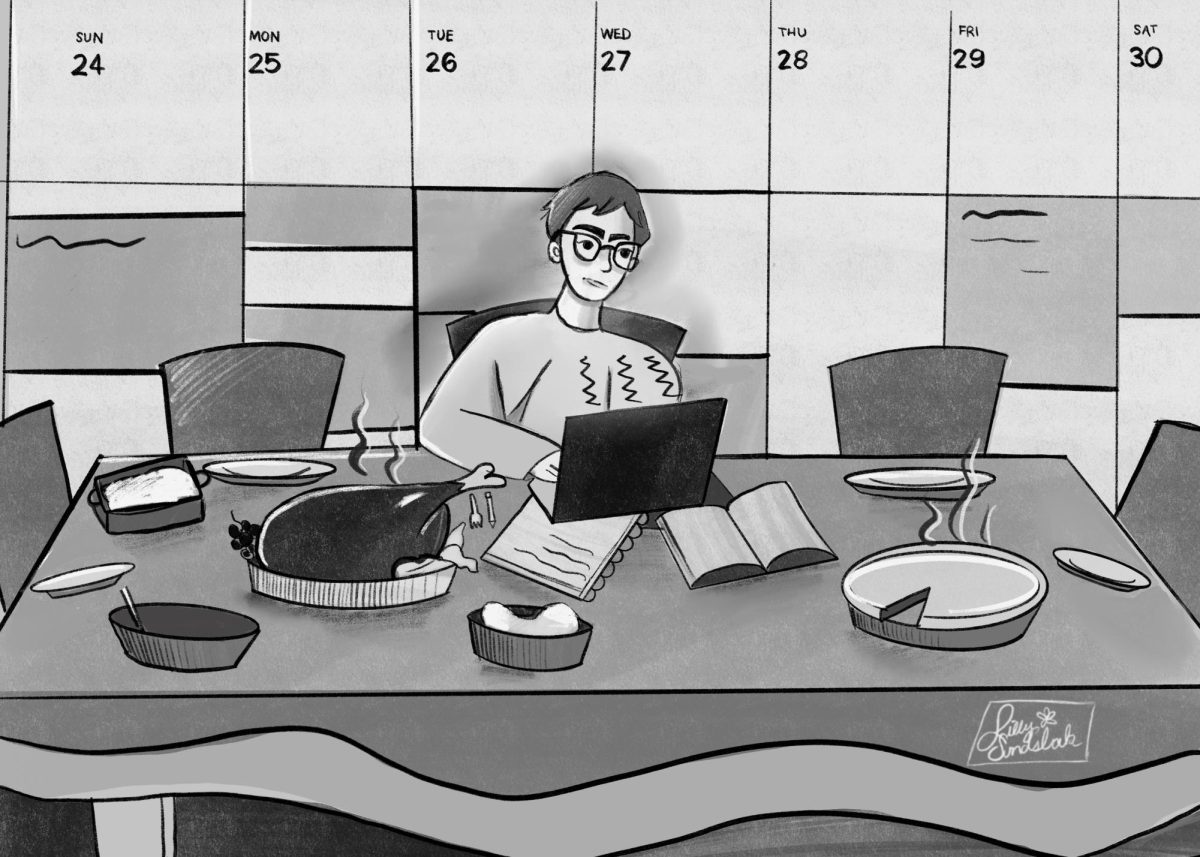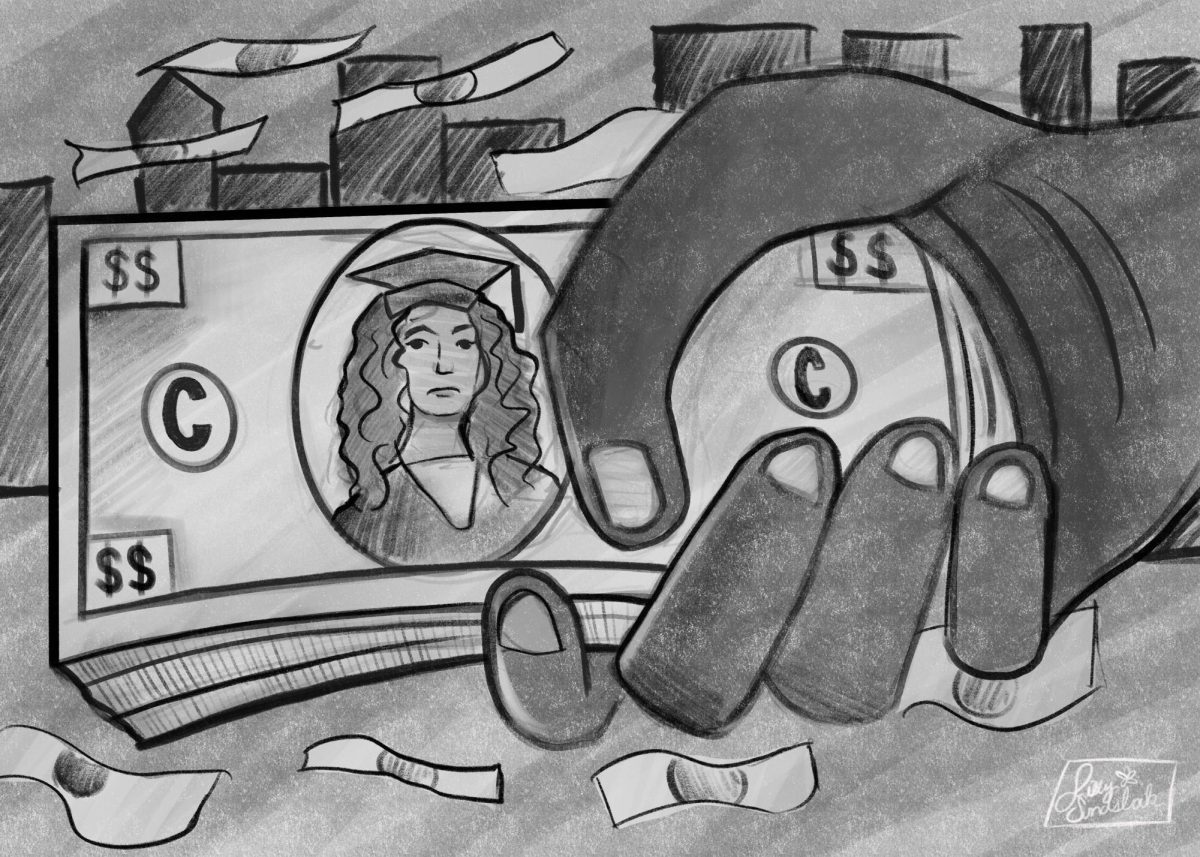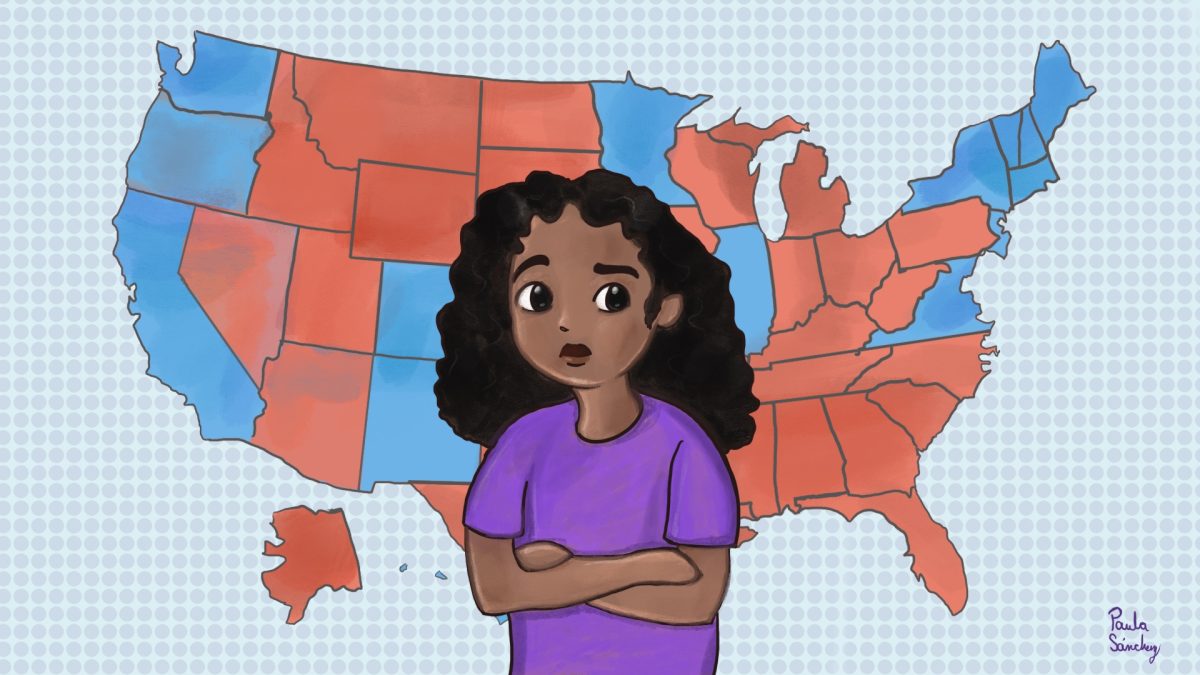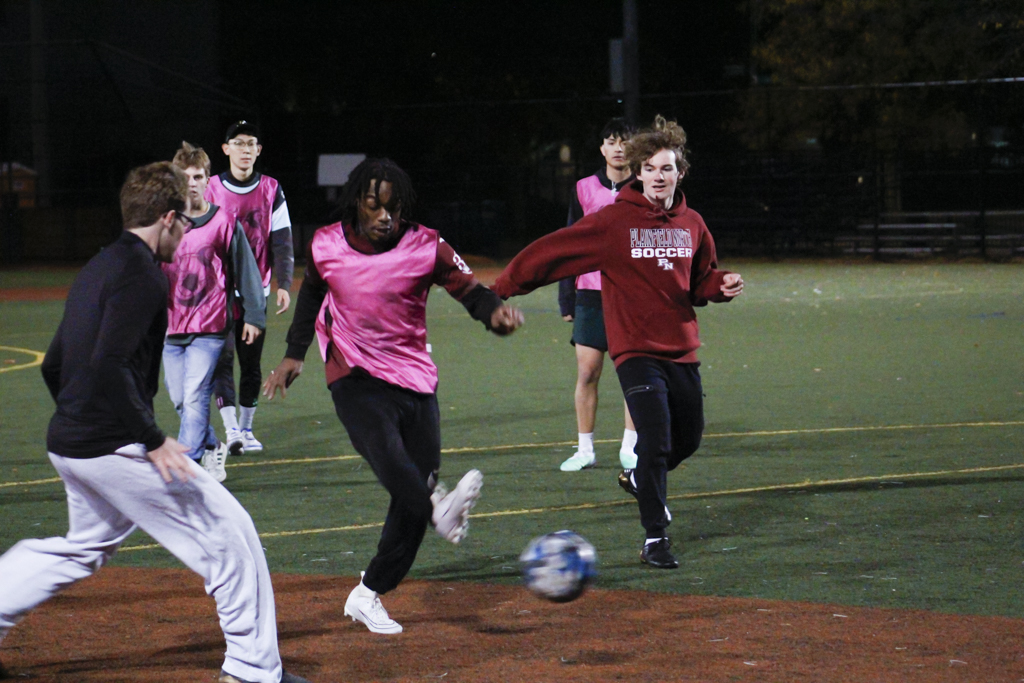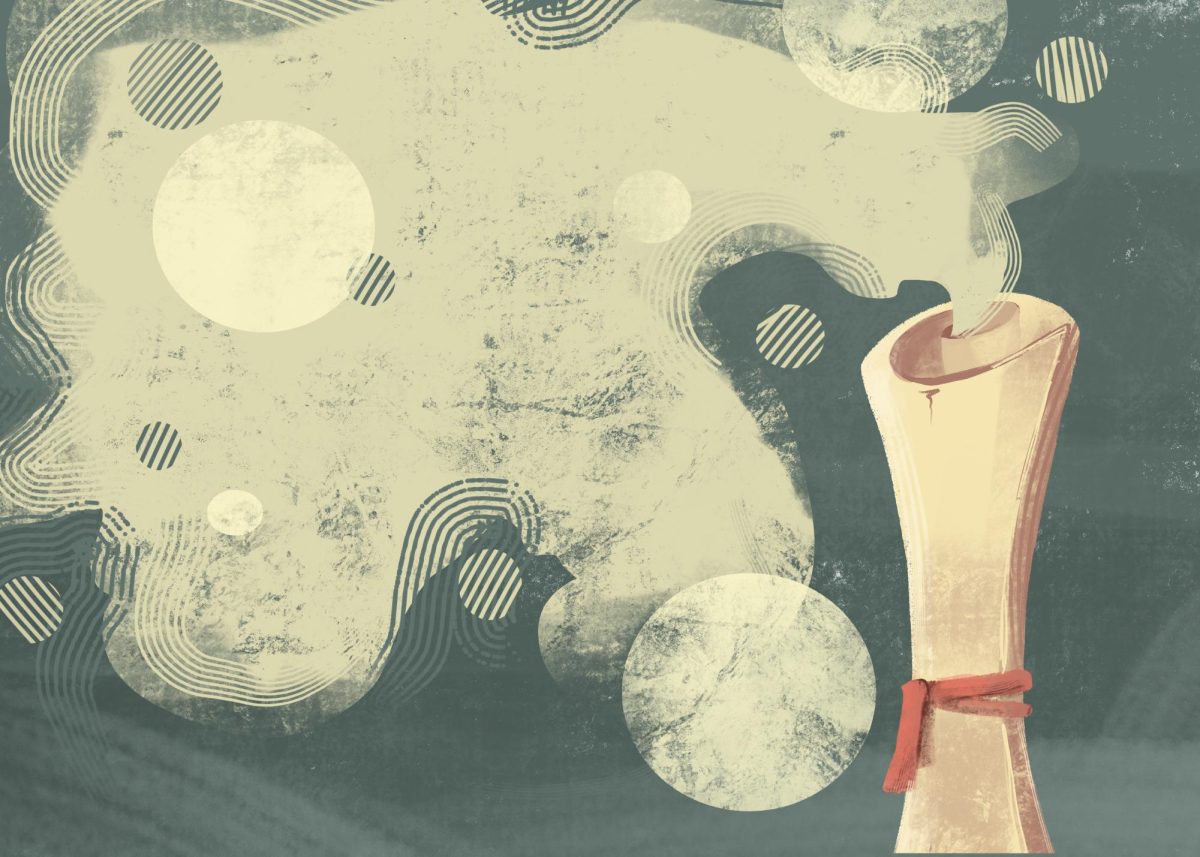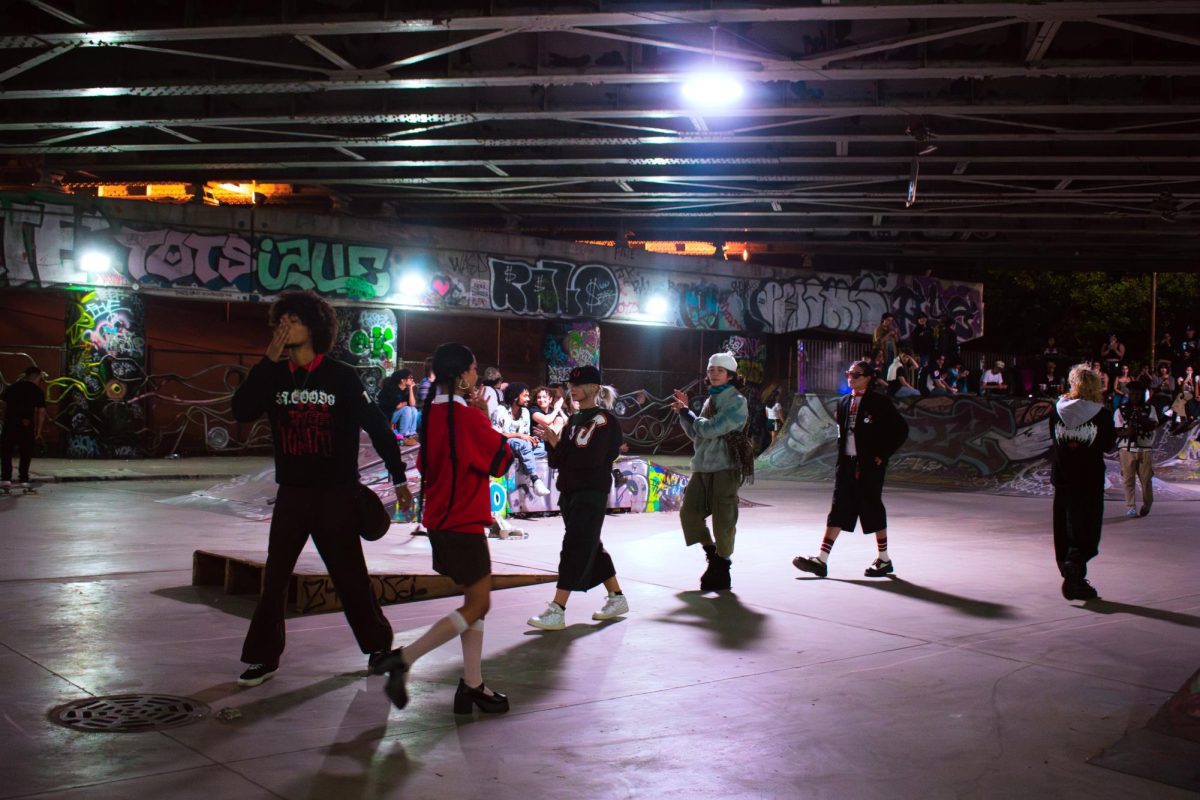The youth vote is going to be decisive in the 2024 general election. With polls showing eligible voters pretty evenly split between former President Donald Trump and Vice President Kamala Harris, somebody has to break the tie. It’s not going to be “undecided” voters; it’s going to be young people.
There’s a lot at stake in this election, not only at the top of the ballot, but all the way down to local offices. The two major parties differ on issues that matter a lot to young people: climate change, gun control, abortion, protections for LGBTQ+ people and much more. They also aren’t perfect; I don’t think any candidate or party embraces everything any individual voter wants.
And so it boils down to strategy: How do you leverage your vote to make as positive a difference as possible?
The answer is voting informed. And that’s become easier in recent years. You can base your choices on reliable resources like these:
Ballotpedia.org asks for your address and then shows you everybody and everything on your ballot. It allows you to look at the candidates’ websites, make your choices and mark them on a sample ballot on your phone. That way, if you vote in person, it’s quick and easy to transfer your choices to your official ballot
Ballotready.org does a similar thing, but asks you which issues you want to compare candidates on. Then you can look at your ballot and make your decisions.
Guides.vote provides side-by-side comparisons of where candidates stand on major issues.
Injustice Watch has a Cook County judicial election guide that tells you about the judges’ careers, political connections, controversies and courtroom conduct. Since judges need a 60% “yes” vote to keep their seats, and relatively few people vote “yes” or “no” on them, you have a lot of power to root out incompetent or corrupt judges by voting informed on them.
And Block Club Chicago has a terrific guide to Chicago School Board elections. School board members make important decisions about what students do and don’t learn in school, as well as how the school district’s budget is spent.
Remember: Elected officials listen to voters. If you don’t vote, they have no reason to listen to you. And in the end, not voting is a form of voting–it’s a way of strengthening the impact of voters who don’t share your values.
If you need any help, visit Columbia Votes in the Student Center Mondays through Thursdays from 1 to 3 p.m. We’ll also be there all day on Nov. 4 and Nov. 5.
And join us for Party to the Polls on Tuesday, Nov. 5 at noon and 5 p.m. We’ll meet at the Student Center and dance with glow sticks to the voting Supersite at 191 N. Clark St. to cap off a day that I hope will demonstrate the power of young people to determine our nation’s political future.
Sharon Bloyd-Peshkin is the founder and leader of Columbia Votes, the faculty fellow for Civic Engagement and a professor in the School of Communication and Culture.
Copy edited by Doreen Abril Albuerne-Rodriguez


